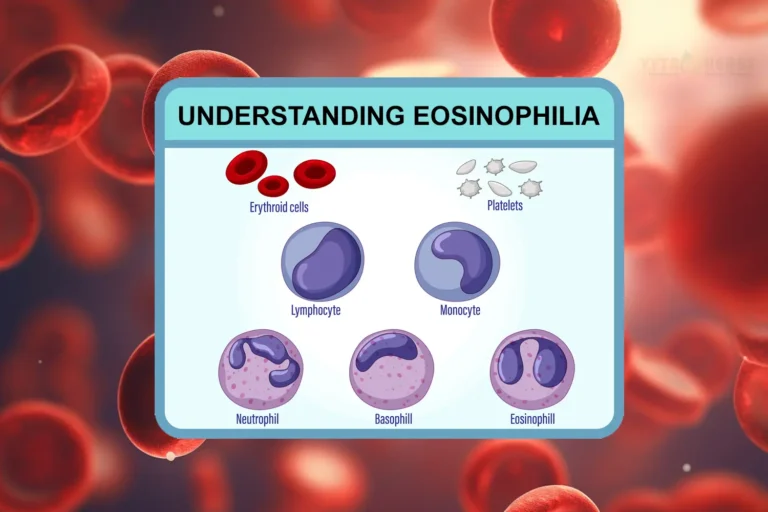When it comes to dietary protein, fish and meat are both widely regarded as excellent sources. However, each brings its own set of nutritional benefits, health implications, and environmental impacts. With more people focusing on eating healthier, choosing between fish and meat becomes a crucial decision for maintaining long-term well-being.
In this article, we’ll compare fish and meat in terms of their protein quality, fat content, health benefits, and environmental sustainability. We’ll also look at recommendations from health experts and break down which protein source might be better for specific health goals.
1. Protein Quality: Fish vs. Meat
Both fish and meat are considered complete proteins, meaning they contain all nine essential amino acids that the human body needs for muscle repair, immune function, and overall growth.
- Fish: Lean fish like cod, tilapia, and tuna are high in protein but low in fat, making them a great option for those looking to increase protein intake without consuming excess calories. Fatty fish like salmon and mackerel, while higher in fat, are packed with heart-healthy omega-3 fatty acids.
- Meat: Beef, pork, chicken, and lamb are all rich in protein. Red meats like beef and lamb are particularly dense in protein, but they also tend to have higher levels of saturated fats compared to lean fish. Poultry, like chicken and turkey, provides a leaner option that rivals fish in protein content, but lacks the healthy fats found in fatty fish.
Verdict: For pure protein content, both fish and meat are excellent. However, fish has the added advantage of healthy fats, while certain meats may come with higher levels of saturated fats.
2. Fat Content: Omega-3 vs. Saturated Fats
One of the biggest differences between fish and meat lies in their fat composition.
- Fish: Fatty fish, like salmon, sardines, and mackerel, are rich in omega-3 fatty acids. These healthy fats are well-known for their ability to support heart health, reduce inflammation, and even improve brain function. Omega-3s are critical in reducing the risk of cardiovascular disease, lowering triglycerides, and improving cholesterol levels. Research also links omega-3s to reduced symptoms of anxiety and depression, making fish a potent choice for both physical and mental health.
- Meat: Red meats like beef and lamb tend to be high in saturated fats, which, in large amounts, can contribute to increased cholesterol levels and a higher risk of heart disease. Poultry and lean cuts of pork are lower in saturated fats but do not contain the beneficial omega-3 fatty acids found in fish.
Verdict: Fish wins when it comes to healthy fats. While lean meats can offer lower fat content, they don’t provide the heart-healthy omega-3s that fish does.
3. Health Benefits: Fish vs. Meat
- Fish: Numerous studies highlight the health benefits of regularly consuming fish, particularly fatty fish. The American Heart Association (AHA) recommends eating fish at least twice a week to support heart health. Fish can reduce the risk of heart attacks and strokes, thanks to its omega-3 fatty acids. In addition, fish is low in saturated fat, making it a good choice for weight management and reducing the risk of obesity-related diseases.
- Meat: Meat, particularly lean cuts of chicken and turkey, is an excellent source of high-quality protein, vitamins like B12, iron, and zinc. However, frequent consumption of red and processed meats has been associated with an increased risk of chronic diseases, including heart disease, certain cancers (like colorectal cancer), and diabetes. The World Health Organization (WHO) classifies processed meats as carcinogenic to humans, and unprocessed red meat as “probably carcinogenic.”
Verdict: Fish offers broader health benefits, especially for heart health. While lean meats are nutritious, the risks associated with high consumption of red and processed meats should be taken into account.
4. Micronutrients: Key Vitamins and Minerals
Both fish and meat provide a range of important micronutrients:
- Fish: Fish, especially fatty varieties, is an excellent source of vitamin D, which is essential for bone health and immune function. Fish also provides iodine, which is critical for thyroid function, and selenium, a powerful antioxidant. Omega-3-rich fish also boosts brain function and cognitive health due to DHA (docosahexaenoic acid), an essential component of brain tissue.
- Meat: Red meat is rich in iron, particularly heme iron, which is more easily absorbed by the body than the non-heme iron found in plant foods. Meat is also an excellent source of vitamin B12, which is essential for energy production and maintaining healthy nerve cells. Poultry is a good source of niacin and vitamin B6, both of which support metabolism and brain function.
Verdict: Fish offers a greater variety of micronutrients that support heart and brain health. However, meat, especially red meat, excels as a source of iron and B12.
5. Environmental and Ethical Considerations
When choosing between fish and meat, sustainability and ethical concerns may also play a role.
- Fish: Wild-caught fish from sustainable fisheries are considered an environmentally-friendly protein source. However, overfishing and poor fish farming practices can have a negative environmental impact. Sustainable seafood certifications, such as those from the Marine Stewardship Council (MSC), can help guide you in choosing fish with a lower environmental footprint.
- Meat: The production of red meat, particularly beef, is one of the most resource-intensive food systems, contributing to greenhouse gas emissions, deforestation, and water use. The United Nations has repeatedly flagged the environmental impact of high meat consumption and recommends reducing meat intake for a more sustainable future.
Verdict: Fish, especially when sourced sustainably, has a lower environmental impact than red meat. However, overfishing remains a challenge.
6. Expert Recommendations
Leading health organizations, including the American Heart Association (AHA) and the Dietary Guidelines for Americans, recommend prioritizing fish over meat, particularly for those looking to improve heart health or reduce the risk of chronic disease. The AHA suggests consuming at least two servings of fish per week, especially those rich in omega-3 fatty acids.
For those who still want to include meat in their diet, lean meats like chicken and turkey, and smaller portions of red meat, are encouraged over processed meats. Limiting red and processed meat intake is particularly recommended for individuals with a history of heart disease, diabetes, or certain cancers.
7. Which Should You Choose?
- For Heart Health: Fish, especially fatty fish rich in omega-3s, is a clear winner for supporting cardiovascular health.
- For Muscle Building: Both fish and meat are excellent sources of high-quality protein, but lean meats like chicken or turkey can also be great choices for building muscle.
- For Overall Longevity: A diet rich in fish has been associated with longer life expectancy and reduced risk of chronic diseases.
Final Thoughts: The Best Approach for a Balanced Diet
Incorporating a mix of both fish and lean meats into your diet is a balanced approach that allows you to reap the benefits of both. For optimal health, prioritize fish, particularly omega-3-rich varieties, and lean meats over red and processed meats. Focus on sustainably sourced seafood and high-quality, lean meats to keep both your body and the planet healthy.
For premium, sustainably sourced fish oil packed with omega-3s, try Vyta Herbs’ Omega Fish Oil supplement. It’s an easy way to incorporate heart-healthy omega-3s into your daily routine. 🌿✨ Explore our range today and take a step toward better health!







